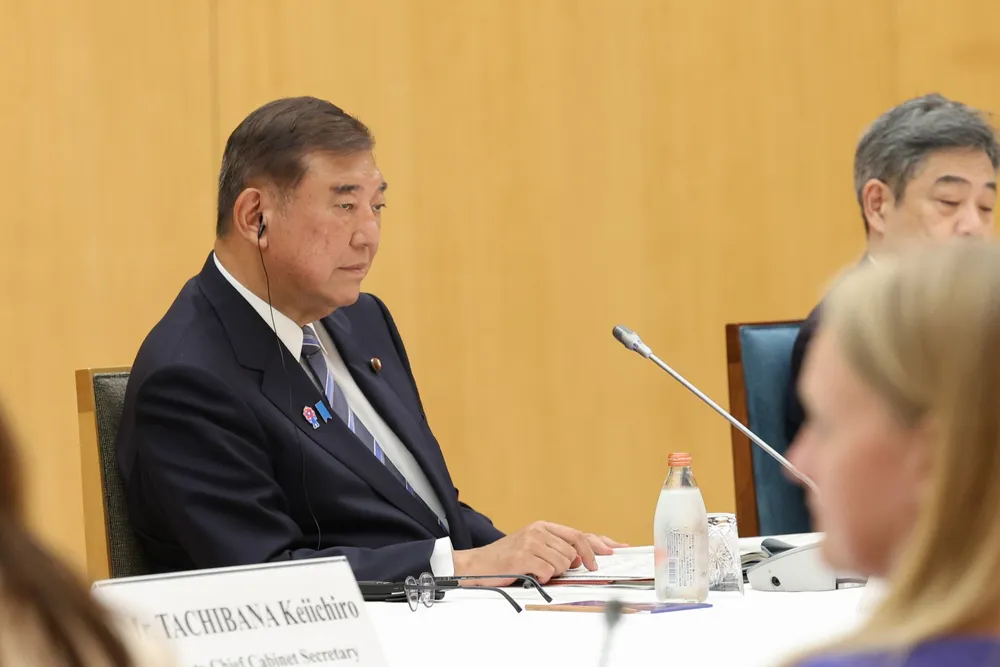Japan sets out path forward after Mitsubishi drops offshore wind projects
Mitsubishi and its consortia partners forfeit $136m in deposits and are barred from next auction round after strategy of aggressively outbidding competitors in Japan’s inaugural offshore wind tender proved their downfall

Japan will reportedly push ahead with re-tendering three offshore wind sites as soon as possible after they were dropped by Mitsubishi, which is now barred from competing in the next auction round.
Mitsubishi confirmed yesterday that it is quitting three offshore wind projects in Japan, citing a “significantly changed” business environment for the sector that has led to rising costs.
Mitsubishi’s decision to pull the plug on those three projects – together representing 1.76GW of planned capacity and slated to be commissioned between 2028 and 2030 – is a major setback for Japan’s ambitions in offshore wind.
Furukawa said government will examine the reasons that Mitsubishi withdrew and reflect its findings in future auctions. It is still to be decided whether Japan will first re-auction the sites or proceed with a fourth auction, he said.
"Projects are being suspended globally due to rising costs, and similar concerns have been raised by second-round operators," said Furukawa, although he added that no developers in later rounds have indicated they plan to withdraw.
"We must thoroughly review the system to ensure the second and third rounds are successfully completed.”
"Japan's offshore wind market will not collapse due to Mitsubishi's withdrawal and will remain an important source of renewable energy.”
Japan’s Ministry of Economy, Trade and Industry (METI) had been trying to find a formula for rescuing the inaugural tender. It had however run into opposition from some of the companies the conglomerate’s consortia outbid by as much as 30% in that round, a strategy that raised eyebrows at the time.
On Tuesday, it was reported that METI had proposed revising guidelines to extend the leases for the project areas by 10 years, from the current 30, to help shore up project economics.
A third round saw an all-Japanese consortium made up of JERA, Green Power Investment and Tohoku Electric selected ahead of two other proposals for the 615MW Aomori project and another consortium made up of Marubeni, Kansai Electric, BP, Tokyo Gas and Marutaka see off three other proposals for the 450MW Yamagata project.
(Copyright)